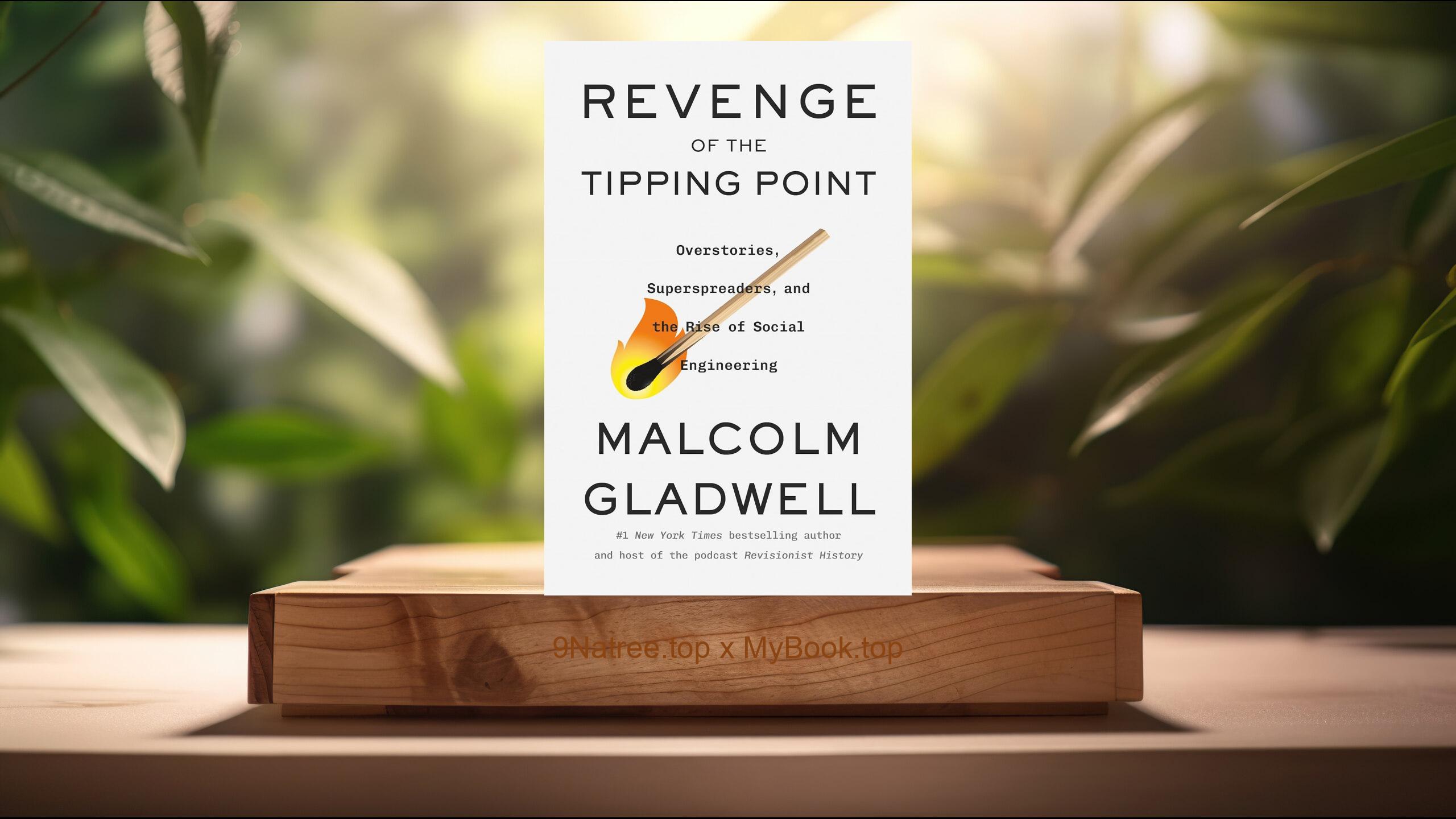Show Notes
- Amazon US Store: https://www.amazon.com/dp/B0982ZKTX8?tag=9natree-20
- Amazon Worldwide Store: https://global.buys.trade/Calm-Your-Thoughts-Nick-Trenton.html
- Apple Books: https://books.apple.com/us/audiobook/calm-your-thoughts-stop-overthinking-stop-stressing/id1576249313?itsct=books_box_link&itscg=30200&ls=1&at=1001l3bAw&ct=9natree
- eBay: https://www.ebay.com/sch/i.html?_nkw=Calm+Your+Thoughts+Nick+Trenton+&mkcid=1&mkrid=711-53200-19255-0&siteid=0&campid=5339060787&customid=9natree&toolid=10001&mkevt=1
- Read more: https://mybook.top/read/B0982ZKTX8/
#Overthinking #Mindfulness #Stressmanagement #Mentalhealth #Cognitivebehavioraltechniques #Digitalmindfulness #Anxietyreduction #Lifestylechanges #CalmYourThoughts
These are takeaways from this book.
Firstly, Understanding Overthinking, One of the central topics in 'Calm Your Thoughts' is the comprehensive exploration of what constitutes overthinking and how it affects our well-being. Nick Trenton elucidates the thin line between productive contemplation and detrimental overthinking. He explains that while thinking is an essential part of problem-solving and decision-making, overthinking is characterized by excessive and prolonged worrying that leads to stress, anxiety, and decision paralysis. This often results from our minds attaching too much importance to past or future events, ignoring the present moment. Trenton uses a blend of psychological theories and research findings to outline the cognitive and emotional processes underlying overthinking. He highlights the neurobiological aspects, like how certain patterns of brain activity are associated with rumination, and provides insights into why some people are more prone to overthinking than others. The discussion extends to include the societal and cultural factors that exacerbate this tendency, such as the glorification of busyness and the constant bombardment of information in the digital age. By understanding overthinking's multifaceted nature, readers can begin to identify their triggers and recognize the patterns that lead to this unproductive mental state.
Secondly, The Impact of Stress and Anxiety, Trenton takes a deep dive into the relationship between overthinking and the stress-response system in our bodies. He explains how chronic overthinking activates the body's stress responses, similar to physical threats, which can lead to a multitude of health issues, including high blood pressure, heart disease, and a weakened immune system. The psychological impacts are equally profound, with anxiety, depression, and sleep disturbances being common consequences. Trenton uses this discussion to bridge the understanding of how mental patterns not only affect our psychological state but have tangible effects on our physical health. By elucidating the mechanisms through which stress and anxiety manifest in the body, the book encourages readers to take their mental health seriously. Strategies for managing stress and anxiety are woven throughout this topic, including mindfulness practices, cognitive-behavioral techniques, and lifestyle modifications aimed at reducing the physiological impact of overthinking. This section serves as a powerful reminder of the interconnectedness of mind and body, urging readers to adopt a holistic approach to their well-being.
Thirdly, Strategies to Stop Overthinking, A core focus of 'Calm Your Thoughts' is providing readers with actionable strategies to combat overthinking. Trenton meticulously outlines various techniques to interrupt and transform the cycle of overthinking into a more productive and less distressing mental activity. He introduces cognitive behavioral approaches that help readers to challenge and reframe their negative thought patterns. Mindfulness and meditation are presented not just as practices for relaxation but as tools for cultivating a present-oriented mindset, critical in mitigating overthinking. Additionally, techniques such as 'thought stopping' and 'worry time' are described in detail, offering readers structured methods to manage their thought processes actively. Trenton also delves into the role of lifestyle changes, such as exercise and sleep hygiene, in supporting cognitive health and reducing the propensity to overthink. Throughout this discussion, the emphasis is placed on the practical application of these strategies, providing readers with a toolkit to not only understand overthinking but to actively counteract it.
Fourthly, Building a Mindful Lifestyle, Nick Trenton emphasizes the importance of crafting a lifestyle conducive to mental well-being, allowing individuals to naturally reduce the incidence of overthinking. This topic extends beyond mere tactics to combat overthinking, delving into how daily habits and environments influence our mental state. It highlights the significance of creating routines that promote concentration and mindfulness, such as engaging in regular physical activity, prioritizing sleep, and establishing a meditative practice. The discussion on a mindful lifestyle also covers the impact of digital habits on our cognitive processes, urging readers to cultivate digital mindfulness to counteract the overwhelming flood of information and distractions. Trenton provides practical advice on setting boundaries around technology use, fostering real-world connections, and creating spaces that inspire tranquility and focus. This holistic approach underscores the idea that a mindful lifestyle is not just a series of actions but a mindset shift towards valuing and nurturing mental space, quiet, and reflection.
Lastly, Overcoming the Fear of Missing Out (FOMO), In an age where social media amplifies the fear of missing out, Trenton tackles this pervasive concern as a significant contributor to overthinking and stress. He defines FOMO as the anxious feeling that others are having rewarding experiences from which one is absent, highlighting its detrimental effects on mental health and decision-making. The author presents practical steps to recognize and overcome FOMO, advocating for a shift towards 'JOMO,' the joy of missing out, which involves embracing one's own experiences without comparison. Strategies such as setting social media boundaries, cultivating gratitude for the present moment, and focusing on one's personal values and goals are discussed. This approach to combating FOMO is integral to reducing overthinking, as it redirects the focus from external validation to internal satisfaction and contentment. Trenton’s discussion on FOMO illustrates the broader theme of the book - that true calm and mental clarity come from within, not from meticulously curating our lives to match or exceed those of others.
![[Review] Calm Your Thoughts (Nick Trenton) Summarized](https://episodes.castos.com/660078c6833215-59505987/images/1859438/c1a-085k3-8d9rm7q8ukr2-djpz8d.jpg)




